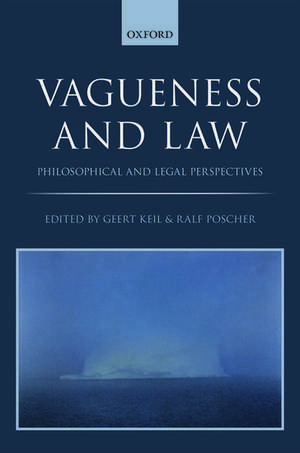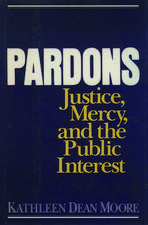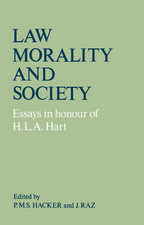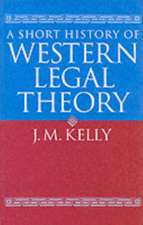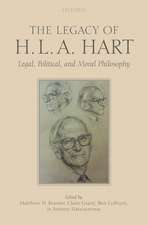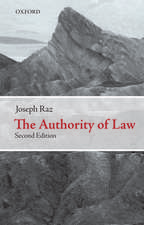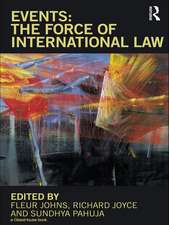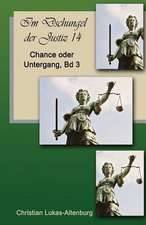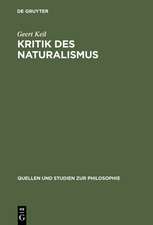Vagueness and Law: Philosophical and Legal Perspectives
Editat de Geert Keil, Ralf Poscheren Limba Engleză Hardback – 8 dec 2016
Preț: 584.16 lei
Preț vechi: 835.08 lei
-30% Nou
Puncte Express: 876
Preț estimativ în valută:
111.79€ • 116.28$ • 92.29£
111.79€ • 116.28$ • 92.29£
Carte tipărită la comandă
Livrare economică 04-10 aprilie
Preluare comenzi: 021 569.72.76
Specificații
ISBN-13: 9780198782889
ISBN-10: 0198782888
Pagini: 350
Dimensiuni: 176 x 239 x 26 mm
Greutate: 0.7 kg
Editura: OUP OXFORD
Colecția OUP Oxford
Locul publicării:Oxford, United Kingdom
ISBN-10: 0198782888
Pagini: 350
Dimensiuni: 176 x 239 x 26 mm
Greutate: 0.7 kg
Editura: OUP OXFORD
Colecția OUP Oxford
Locul publicării:Oxford, United Kingdom
Recenzii
...each chapter is eminently readable and worthy of thoughtful consideration. I found it to be fascinating and it opened up new pathways in how I consider legislation. The chapters are filled with interesting theoretical and practical examples on the use, abuse and interpretation of legislation. For anyone with an interest in legislation, it should make us stop and consider, in a more profound way, how vagueness is affecting our endeavours.
Keil and Poscher, have usefully brought together leading scholars working on the topic of vagueness in philosophy and in law, this book fosters a dialogue between philosophers and legal scholars by examining how philosophers conceive vagueness in law from their theoretical perspective and how legal theorists make use of philosophical theories of vagueness... It is a great contribution to the continuing debate.
Keil and Poscher, have usefully brought together leading scholars working on the topic of vagueness in philosophy and in law, this book fosters a dialogue between philosophers and legal scholars by examining how philosophers conceive vagueness in law from their theoretical perspective and how legal theorists make use of philosophical theories of vagueness... It is a great contribution to the continuing debate.
Notă biografică
Prof. Dr. Ralf Poscher is Professor of Public Law and Legal Philosophy at Albert-Ludwigs-University of Freiburg and managing director of the Centre for Security and Society of the University of Freiburg. Prof. Poscher has been a Fernand Braudel Senior Fellow at the European University Institute in Florence (2013), a guest researcher of the "Program in Law and Public Affairs" at Princeton University (2012), a member of the Institute for Advanced Study in Princeton, USA (2007-2008), and a visiting professor at the University of Osaka (2007). His areas of research cover legal theory, fundamental rights and national security law. Geert Keil is Professor of Philosophy at Humboldt University of Berlin. His main areas of research are the philosophy of mind and action, epistemology, philosophical anthropology and metaphysics. Awarded with a Heisenberg scholarship of the German Research Foundation (DFG) and a Feodor Lynen scholarship of the Alexander von Humboldt Foundation, he researched at the Universities of Trondheim, Stanford, and Basel. From 2005 to 2010 he held a chair in theoretical philosophy at RWTH Aachen University.
